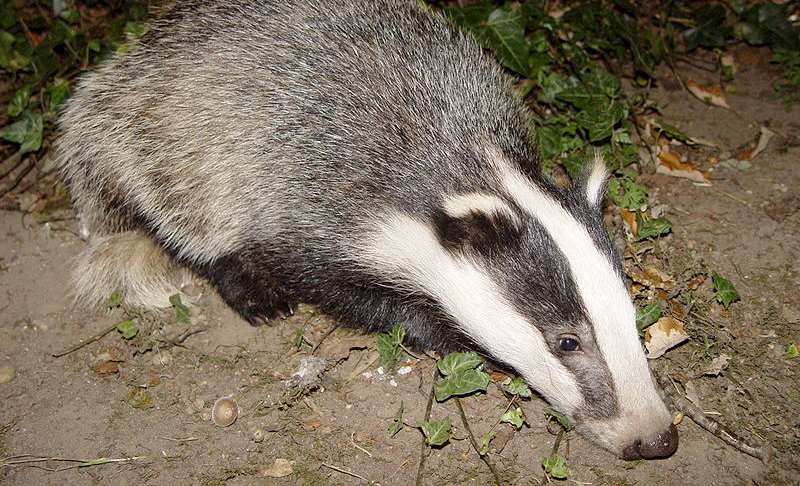
Farming groups have said they will 'stand firm' behind the government's TB eradication policy, which will include pilot badger culls.
Critics say the cull will not have an impact in reducing the disease and will not be worthwhile. They are calling for vaccination methods after Tewkesbury council have said they will not back a cull on its land.
Evidence from the UK Randomised Badger Culling Trial (RBCT) said culling could spread the risk of the disease as badgers would roam further afield than normally expected and endanger other herds.
But farming groups say the culls will reduce TB in cattle by 30%.
"I want to get one thing clear for those who think the tactics of harassment and intimidation from animal rights activists are winning the day on the serious issue of how we deal with TB in this country" said NFU President Peter Kendall.
"Farmers remain committed to helping government deliver on its TB eradication programme that will reduce TB in both cattle and badgers."
“No-one wants to cull badgers but we simply can’t go on while TB increases its vice-like grip on our family farms. In 1998 less than 6,000 cows were culled because they had TB, in 2011 it was more than 34,000. And every single one of those cows was culled to prevent them passing the disease on. It’s a fact that TB exists in wildlife and no amount of culling of cattle will ever control this disease while there are still badgers spreading it further.”
The proposed cull pilots due to take place this autumn are targeting two specific hotspot areas where the incidence of TB in wildlife is persistent and high in the South West, with the possibility of further culls in other hotspot areas in the coming years.
Most of England is TB free and there are no plans to carry out culls of badgers in areas where there is no TB.
The Government’s TB eradication programme also includes vaccination which is being used as part of the package of measures to control the spread of TB.
Critics argue that a 16% decrease in the rate of infections gives a small benefit and is not worth the cost to execute the plan.
Instead, they argue a system of better fencing and segregation of TB infected cattle. Badgers would be less likely to come into contact with cattle and a vaccination programme would then be more effective. This is the approach taken by the Welsh and Northern Irish Assemblies.
But the Government’s TB eradication programme also includes vaccination which is being used as part of the package of measures to control the spread of TB.
But it is not an option in those hotspot areas because vaccine alone cannot cure an infected animal.
“I have two messages”, said Kendall.
“To the animal rights protestors who are intent on intimidating and harassing people who are simply trying to run their businesses and look after their families I would say your tactics are not working. Your campaign is based on misinformation, scaremongering and bullying with no scientific basis.
“And to the general public, I say look at the science yourself before making up your mind. Find out for yourself the impact that TB is having on the welfare of British cattle and ask which other countries have managed to get on top of TB without controlling wildlife.
“For those in any doubt, this policy has been through two rigorous public consultations. It has also been upheld after challenges in both the High Court and the Court of Appeal. The policy is backed by scientists, vets and government who all agree that this is the best way of controlling the spread of this awful disease throughout the country.”
